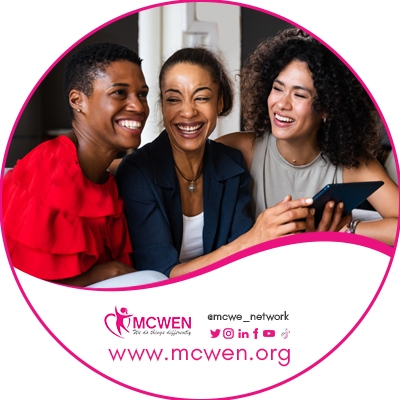The Minority Christian Women Entrepreneurs Network (MCWEN) was formally established in 2019 in Baltimore, Maryland as a 501(C)3 nonprofit organization designed to support Christian women of color in their entrepreneurial pursuits. To date, the organization has established online and offline programming that impacts over 30,000 of women globally.
According to studies, women of color account for 47% or 5,824,300 of all women-owned businesses, employ 2,230,600 people and generate $386.6 billion in revenues. Yet, the average revenue for a women-of-color owned business is $66,400, compared to the average revenue of $212,300 for a non-minority owned business. MCWEN exists to address these types of disparities and lessen the gap.
MCWEN initially launched as a supportive online community designed to be a resource hub that provides funding, partnership, and business development opportunities to women. It was not long before the online networks reached more than 15,000 women, prompting the launch of the offline components which now include local monthly meet-ups, business development workshops and the organization’s annual conference.






